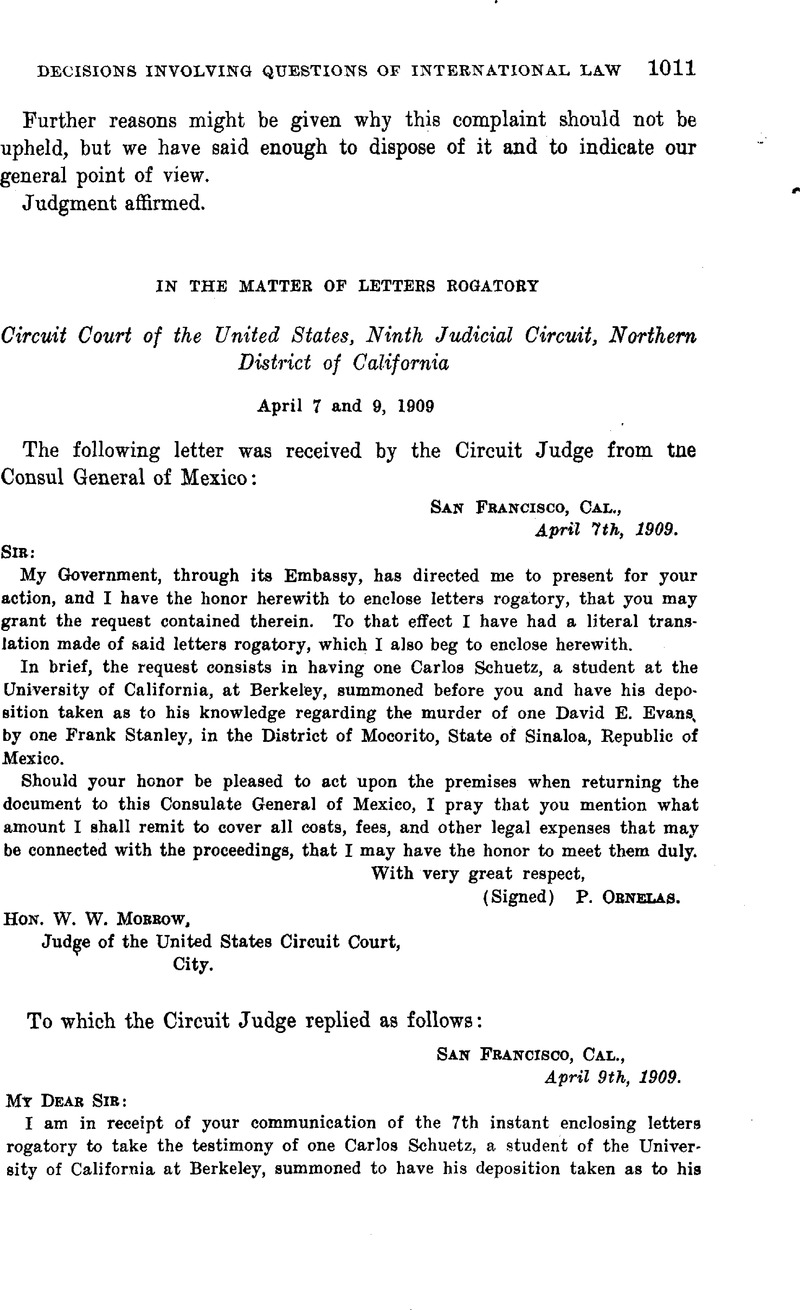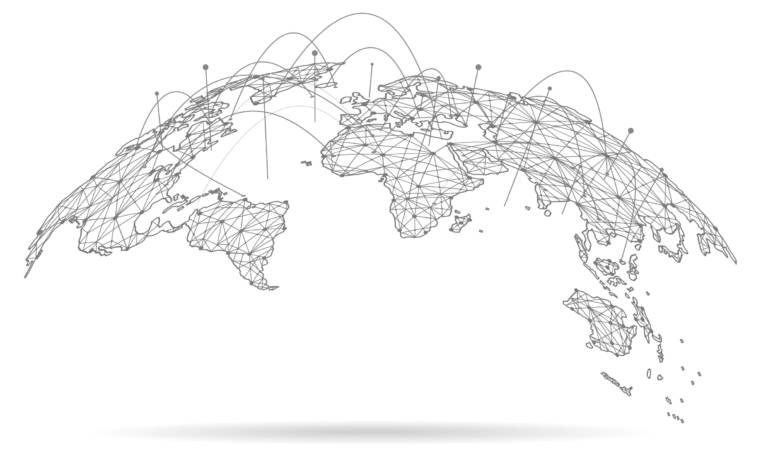Usual Obstacles Faced When Executing Letters Rogatory Requests
Usual Obstacles Faced When Executing Letters Rogatory Requests
Blog Article
Letters Rogatory Explained: Facilitating Legal Participation Between Countries

Definition of Letters Rogatory
Letters rogatory are official demands made by a court in one jurisdiction to a court in one more jurisdiction, looking for assistance in acquiring proof or testimony for a lawful proceeding. This step-by-step device is crucial in the context of international regulation, where legal systems might vary, and cross-border teamwork is required. Letters rogatory facilitate the event of details that might be important for adjudicating situations, specifically in instances including complicated transnational concerns.
Generally, these requests occur in civil, criminal, or management matters where an event requires evidence that lies outside the jurisdiction of the requesting court. The letters serve as a way to make sure that the concepts of due process are maintained, making it possible for courts to access evidence that might otherwise stay hard to reach as a result of lawful or geographical obstacles.
The usage of letters rogatory is controlled by worldwide treaties, reciprocal arrangements, or residential regulations, which mark the procedures and commitments of the courts entailed. It is very important to keep in mind that the implementation of such demands is not guaranteed; they depend on the laws and practices of the territory obtaining the letter. Thus, letters rogatory are a pivotal tool for fostering lawful cooperation and ensuring justice across boundaries.
The Refine of Issuing Letters Rogatory
Issuing letters rogatory includes an organized procedure that makes certain conformity with both domestic and international lawful requirements. The requesting event, commonly a court or lawful authority, composes an official request describing the nature of the support sought, the proof or info needed, and the lawful basis for the demand. This file needs to be precise to facilitate understanding by the international territory.

The next step includes transferring the letters rogatory to the assigned foreign authority. This is commonly done with polite channels or international legal assistance structures, ensuring that the request is obtained and recognized by the international court. The foreign court then processes the demand according to its very own lawful procedures, ultimately replying to the asking for celebration with the in-demand details or proof, thus facilitating international lawful cooperation.
Importance in International Regulation
The relevance of letters rogatory in worldwide law can not be overstated, as they act as a critical system for judicial teamwork across borders. These formal demands for help in legal issues permit courts in one jurisdiction to look for information, proof, or the existence of witnesses from another territory, consequently helping with the management of justice in multinational cases.
Letters rogatory are especially vital in the context of globalization, where lawful disputes usually you could try these out cover numerous nations. They allow the collection of proof that may or else be unattainable, ensuring that lawful proceedings are notified and reasonable. By fostering cooperation between judicial systems, letters rogatory assistance copyright the policy of legislation and promote common respect amongst countries.
Moreover, using letters rogatory demonstrates a dedication to international norms and concepts of participation, showing the interconnected nature of modern-day legal methods. It highlights the value of adhering to well established procedures and treaties, such as the Hague Convention, which offers a structure for these requests - Letters rogatory. Eventually, letters rogatory boost the efficiency of lawful procedures, making sure that justice is not prevented by geographical borders
Obstacles and Limitations
In spite of their significance, letters rogatory face a number of obstacles and limitations that can hinder their efficiency. One main issue is the varying legal structures and treatments across territories, which can bring about misunderstandings and delays in the execution of requests. Different countries may have unique demands for the validity of letters rogatory, complicating the process further.
In addition, the commonly protracted nature of worldwide legal teamwork can hinder timely accessibility to evidence or witnesses. This delay might detrimentally impact recurring examinations or lawful process, specifically in instances needing immediate activity. In addition, the absence of sources and training in some territories can result in insufficient handling of requests, leading to inadequate or incomplete actions.
Countries with much less formal lawful systems may have a hard time to conform with the step-by-step rigor expected in letters rogatory. These obstacles necessitate continual dialogue and reform to improve the efficiency of letters rogatory in legal teamwork.
Situation Studies and Instances

Alternatively, difficulties can emerge, as seen in an instance involving a European country looking for evidence in a continuous criminal issue from a non-EU country - Letters rogatory. The procedure was delayed because of governmental obstacles and differing legal criteria, ultimately impeding the examination
These examples highlight that while letters rogatory can facilitate worldwide teamwork and quicken legal procedures, they likewise highlight the need for clear communication and understanding of legal frameworks in between countries. Such situation researches emphasize the importance of refining this tool to improve effectiveness and effectiveness in global lawful matters.
Verdict
In recap, letters rogatory offer as a crucial system for assisting in lawful cooperation in between nations, guaranteeing the collection of evidence and testament across territories. Their value in international law can not be overemphasized, as they advertise due procedure and enhance the performance of cross-border lawful procedures.
Letters rogatory are official demands made by a court in one jurisdiction to a court in another jurisdiction, seeking assistance i was reading this in obtaining proof or testimony for a legal proceeding. The requesting event, commonly a court or lawful authority, prepares a formal demand detailing the nature of the help sought, the evidence or details required, and the lawful basis for the demand. The foreign court after that refines the request according to its own legal procedures, inevitably responding to the requesting party with the sought-after info or proof, hence promoting worldwide lawful collaboration.
Furthermore, the usage of letters rogatory shows a dedication he said to worldwide norms and concepts of collaboration, mirroring the interconnected nature of modern-day legal practices.Global legal participation through letters rogatory is not without its real-world implications, as illustrated by numerous instance studies that highlight both challenges and successes.
Report this page